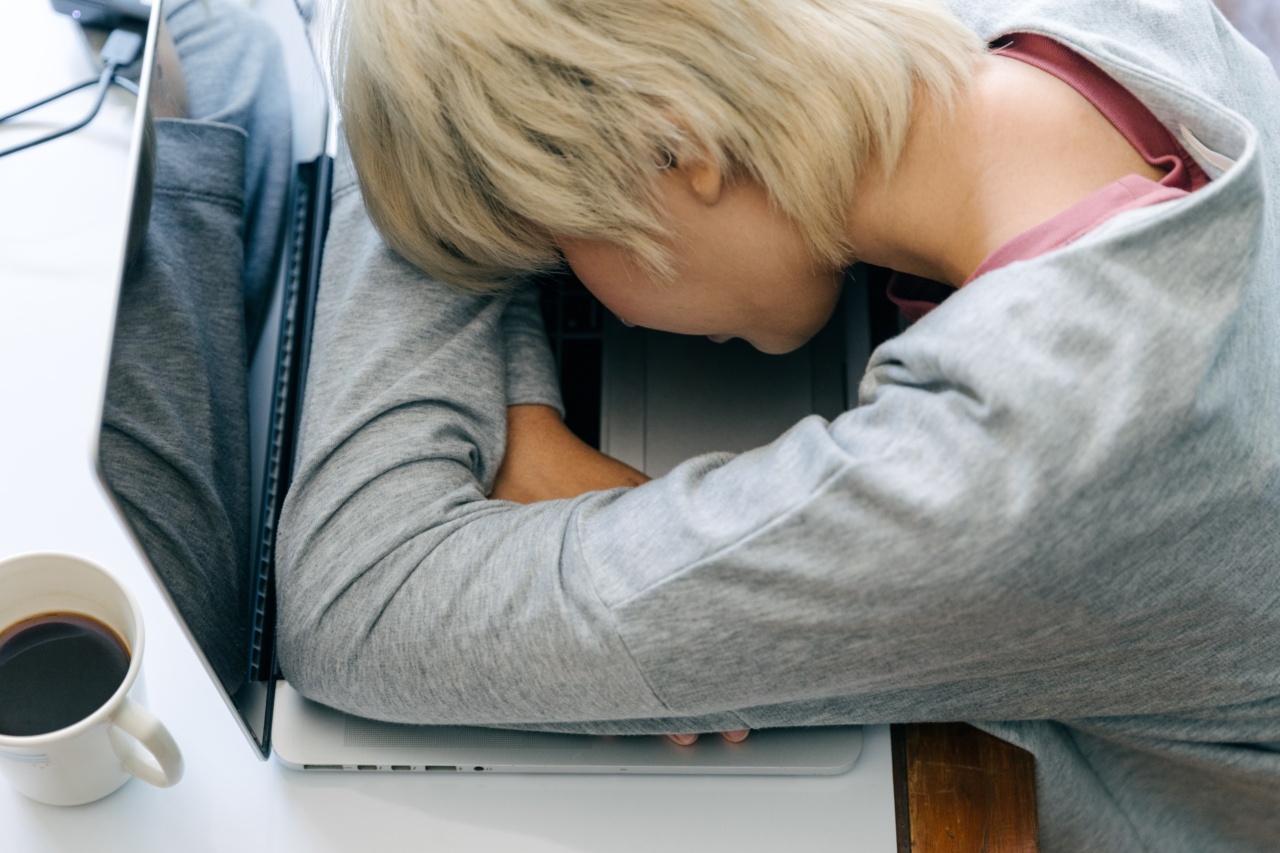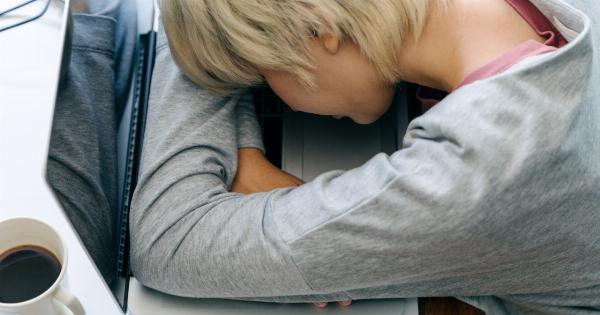With the increasing use of technology in our daily lives, there have been many apps developed to help us in various aspects. One such app is an alarm clock app that has become increasingly popular in the last few years.
However, there are people who have reported experiencing sleep deprivation thanks to this app. In this article, we will explore the reasons behind this phenomenon and what people can do to avoid it.
How does the alarm clock app affect our sleep?
The alarm clock app is designed with the intention of waking us up at a specific time in the morning. The app is programmed with various alarm tones, and users can select the one that suits them best.
The alarm tone is loud enough to wake the user up from their sleep, but not loud enough to cause any disturbance to others around them.
However, this is where the problem begins. The sound of the alarm tone is designed to be irritating and loud enough to wake the user up from their deep sleep.
This sudden interruption in the sleep cycle can cause a feeling of grogginess and drowsiness throughout the day. This is because the user is not getting the required amount of restful sleep during the night.
The impact of sleep deprivation on our health
Lack of sleep can have a significant impact on our overall health and well-being. Sleep deprivation can lead to various issues such as decreased cognitive function, reduced productivity, and increased irritability.
Long-term sleep deprivation can also lead to serious health problems such as depression, anxiety, and even heart disease.
Lack of sleep can also cause issues with our immune system, making us more susceptible to illness and disease.
Furthermore, it can cause issues with our appetite and metabolism, leading to weight gain and other health issues such as diabetes and high blood pressure.
How to avoid sleep deprivation from alarm clock apps
While alarm clock apps can be useful for waking us up in the morning, it is important to ensure they are not causing sleep deprivation. Here are a few tips on how to avoid sleep deprivation from alarm clock apps.
Tip 1: Set a consistent sleep schedule
Setting a consistent sleep schedule can help regulate your sleep cycle, making it easier to fall asleep and wake up in the morning. This means going to bed and waking up at the same time every day, even on weekends.
Tip 2: Avoid using your phone before bed
Using your phone before bed can lead to disrupted sleep as the blue light can affect your natural sleep cycle. It is important to avoid using your phone for at least an hour before bed to ensure you get a good night’s sleep.
Tip 3: Customize your alarm tone
Customizing your alarm tone can help reduce the harshness of the sound and make it less irritating to wake up to. You can choose a tone that is more soothing and calming, making it easier to wake up in the morning without feeling groggy.
Tip 4: Use a smart watch as an alarm
Using a smartwatch as an alarm can be a better option than a phone alarm. This is because smartwatches are designed to wake you up without causing disturbances to your sleep cycle.
Additionally, smartwatches can track your sleep and provide recommendations to improve your sleep quality.
Tip 5: Get a good night’s sleep
Finally, it is important to ensure you get a good night’s sleep. This means creating a sleep-friendly environment with the right temperature, lighting, and bedding.
It is also important to avoid caffeine, alcohol, and nicotine before bed as these can cause disruptions in your sleep cycle.
Conclusion
In conclusion, while alarm clock apps can be useful for waking us up in the morning, they can also cause sleep deprivation if not used correctly.
It is important to follow the tips outlined above to ensure you get the required amount of restful sleep to stay healthy and productive throughout the day.





























